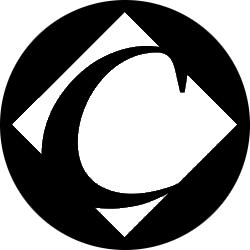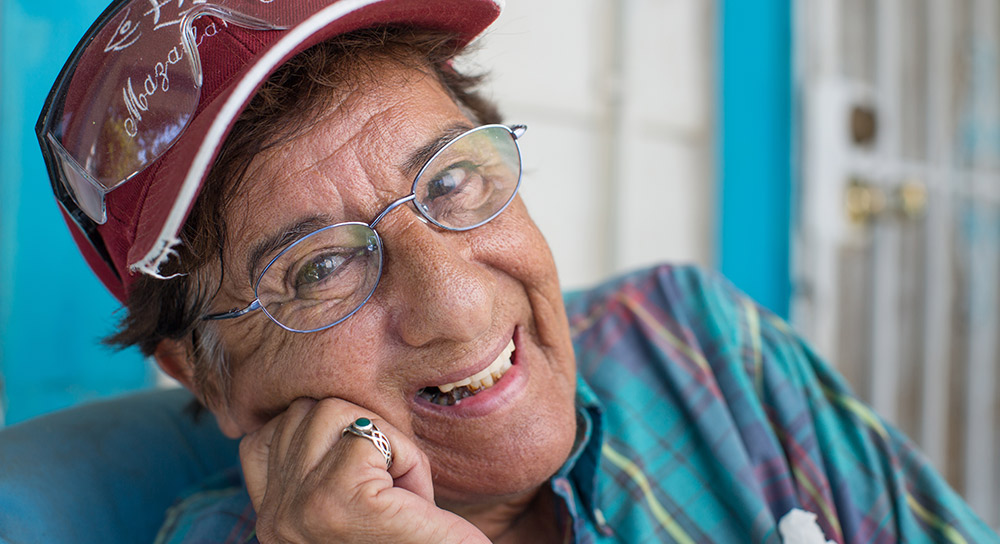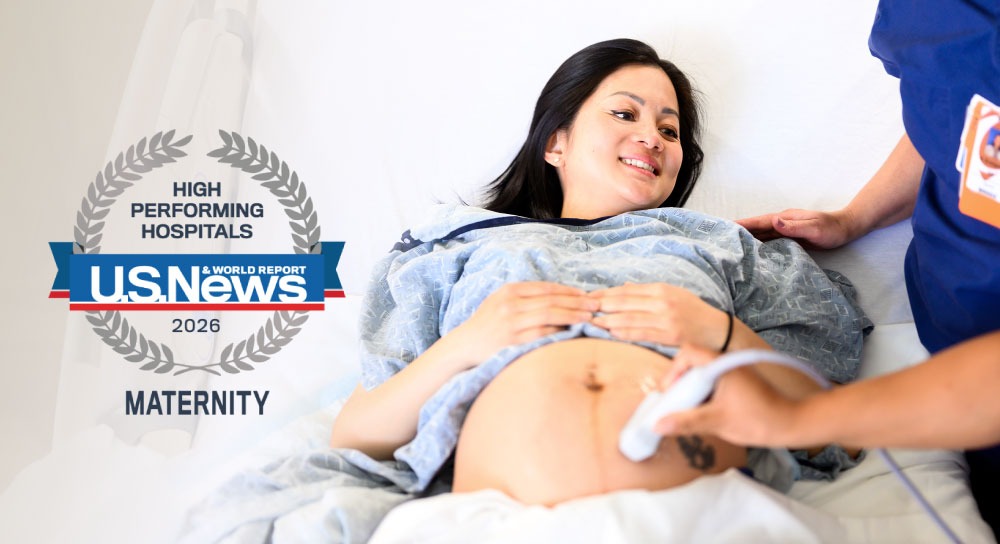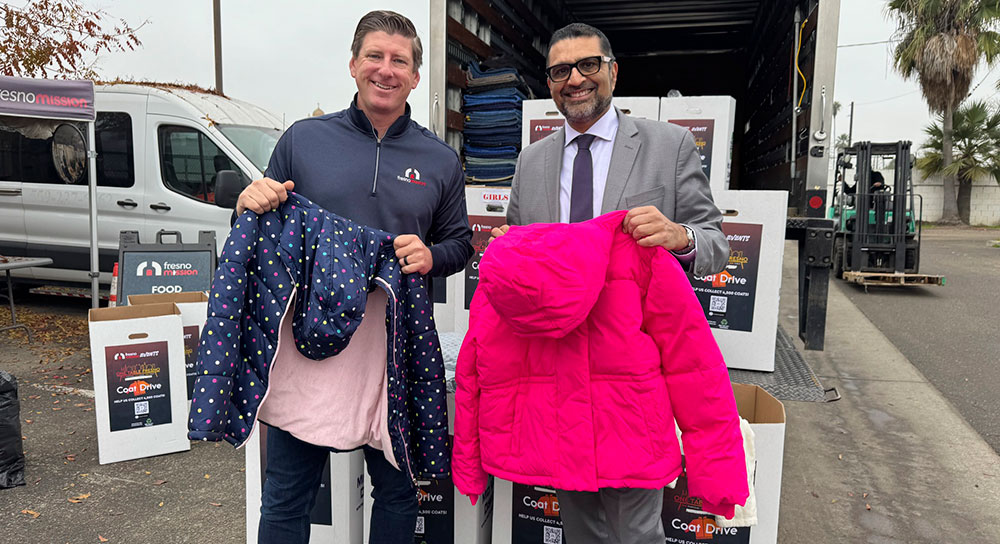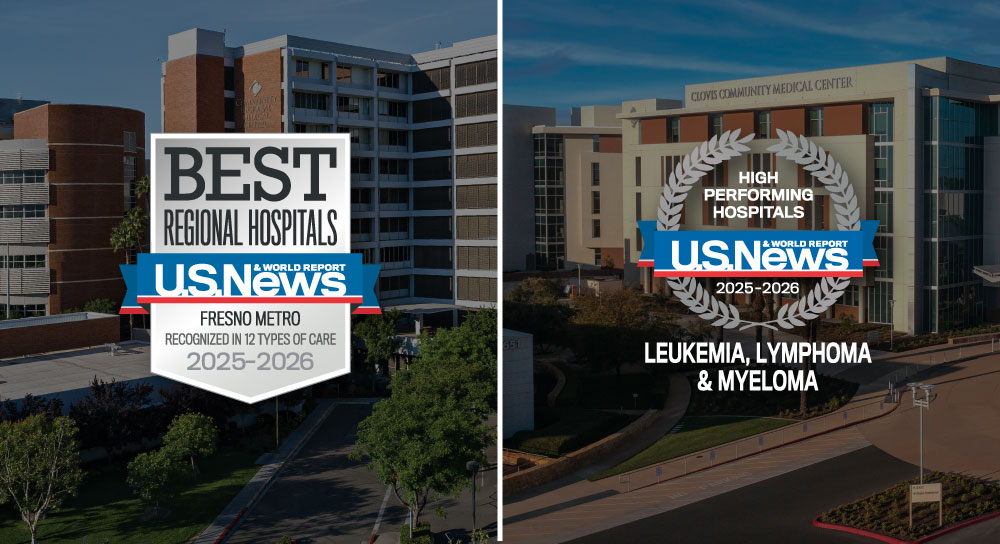Nearly 37 years of cigarette smoking finally caught up with Barbara Hernandez, 67. A routine CT scan before minor surgery for a deviated septum showed an orange-sized mass growing in her right lung.
“I looked at my doctor in shock,” Hernandez said of how she took the news. She’d quit smoking in 2002 and really had no symptoms. “I said, ‘No, I feel fine. I feel good. I feel normal.”
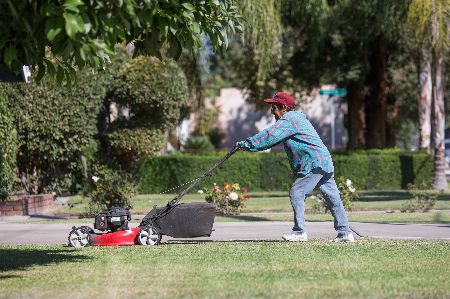 That’s how most people with lung cancer feel until it’s almost too late, said Dr. Daya Upadhyay, medical director of the Community Medical Centers/UCSF Fresno Lung Nodule Program. And that’s why she urges primary care physicians to order regular chest scans for patients who are at high risk, especially for those who have been smokers.
That’s how most people with lung cancer feel until it’s almost too late, said Dr. Daya Upadhyay, medical director of the Community Medical Centers/UCSF Fresno Lung Nodule Program. And that’s why she urges primary care physicians to order regular chest scans for patients who are at high risk, especially for those who have been smokers.
Early detection of lung cancer improves survival rates
Lung cancer is the most common cause of cancer deaths in California — with about 2,100 new cases each year. Nationwide, lung cancer kills more people than breast, prostate and colon cancer combined. The survival rate for those with a late stage diagnosis is less than 2% over five years. But, when detected early, patients have better than 50% survival rates.
Historically, lung cancer patients in the San Joaquin Valley — especially those without easy access to medical care — have been diagnosed at later stages. To expedite diagnoses and treatments, Community Regional Medical Center established the Lung Nodule Program. Since its inception in 2009, the time from referral for an abnormal lung scan to cancer treatment has been reduced from an average of 87 days down to 7-10 days.
In the Valley, all suspicious lung spots are biopsied rather than going straight into treatment mode, said Dr. Upadhyay. “Here, 50% are lung cancer and 50% are something else, like Valley Fever,” she explained.
A multidisciplinary cancer team, which meets weekly on all cases, has significantly increased the number of lung cancer cases diagnosed in an early stage when cure is possible. Currently, 61.5% of the total lung cancers diagnosed in the Lung Nodule Program are at an early stage of disease, compared to 34.5 % in 2011.
The process is sped up by using a small camera to peer into the lung to determine the spread of cancer at the same time a biopsy of tissue is being taken. And using expertise found at few major cancer centers, biopsied cancer tissue is quickly analyzed for 315 different possible genetic mutations, said Dr. Upadhyay, who is also director of Translational Research at UCSF Fresno. “This helps better target drugs for chemotherapy and it helps us put patients in the best clinical trials for their cancer,” she added.
A 'miraculous' recovery
Hernandez says she’s always been really healthy so she doesn’t go to the doctor much. Lucky for her, she has a sister who nagged her about her raspy voice, which led to the deviated septum surgery and the CT scan. After expressing her disbelief that she had cancer, Hernandez said she did what she always does when she has a difficult issue: “I turned around, kneeled down and raised my hands and said, ‘Dear Lord, I’m in your hands. Whatever will be, will be.’”
That approach worked when she wanted to quit smoking, Hernandez explains. “I was praying to the good Lord to stop smoking every day. Then one morning I was headed to the porch with my morning coffee and cigarettes like usual and I got five feet from the door and I said, ‘Wait a minute, Bobby, it’s been 12 years since you’ve had a cigarette. Let’s see how far you can go without.’ And I just kept going like that. I had no withdrawals. No symptoms. No cravings. I said, ‘Well Lord, you finally heard my prayers!’”
Hernandez’s cancer treatment felt truly miraculous, she said. After a biopsy to find out whether the mass in her lung was cancerous, Hernandez was sent to CyberKnife®, a laser surgery system that involves no incisions.
“They fitted me with a suit when I laid down on the table and then they put on smooth jazz. I just had to lay exactly a certain way for a while,” Hernandez described the five painless treatments she had over five days.
A few weeks after her treatments she went to see her radiation oncologist William Silveira. “Dr. Silveira told me, ‘Barbara, you can call yourself a cancer survivor. You have no evidence left of cancer.’ I was amazed,” she said.
Hernandez said she had no pain during her treatment and never felt sick. “I feel as mean as ever,” she jokes. “I feel normal, thank God.” She never had to stop any of the outdoor activities she enjoys. “I love to go fishing and camping. I do my own lawn. Nobody can cut my lawn like me. People will stop and ask if I need help. I say, ‘Do I look like I need help? When I need help, I’ll call you!’ People tell me I don’t look my age.”
She added, “I feel blessed.”


